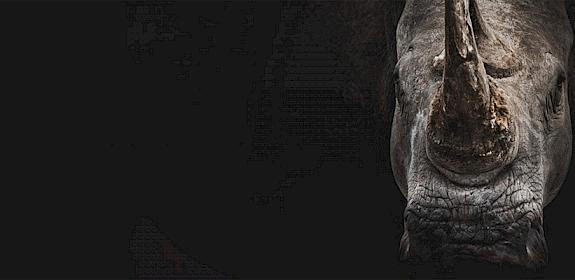“Crocodile farm” seizure signals implementation of strengthened Russian legislation
Moscow, Russia, 17th July 2013—Acting on a tip-off, Russian authorities closed down a “crocodile farm” on 10th July and seized more than 130 crocodiles plus other reptiles on suspicion they may have been smuggled into the country, according to a statement issued by Moscow’s Environment Conservation Department.

The majority of the seized reptiles were Nile Crocodiles Crocodylus niloticus, a species protected under CITES (the Convention on International Trade in Endangered Species of Wild Fauna and Flora).
When challenged, the reptiles’ owner was unable to produce the paperwork to confirm the animals had been obtained in accordance with CITES regulations through importation or legal captive breeding within the country.
Last month, Russia’s State Duma approved legislative amendments so that anyone found smuggling “endangered species” can be prosecuted under criminal law and potentially face far tougher penalties than previously.
“This seizure is significant because it signals the clear intention of Russian authorities to take action as a result of the strengthened legislation to enforce CITES regulations, not only at external borders but also in domestic markets,” said Alexey Vaisman, Senior Programme Officer with TRAFFIC in Russia.
“TRAFFIC hopes this seizures marks the beginnings of routine enforcement of the strengthened wildlife legislation.”
Other reptiles species seized during the raid included Saltwater Crocodile Crocodylus porosus, Siamese Crocodile C. siamensis, Common Caiman Caiman crocodilus, caiman Paleosuchus sp., Asiatic Rock Python Python molurus, Green Anaconda Eunectes murinus, Paraguayan Anaconda Eunectes notaeus, Salvadori's Monitor lizard Varanus salvadorii and Green Iguana Iguana iguana.
All the species are afforded varying degrees of protection under CITES and the full list comprised 134 crocodiles, as well as 10 snakes, two monitor lizards and the iguana.
The owner now has three weeks to produce the necessary documents and certificates to the Environment Conservation Department to prove the animals’ legal provenance.




